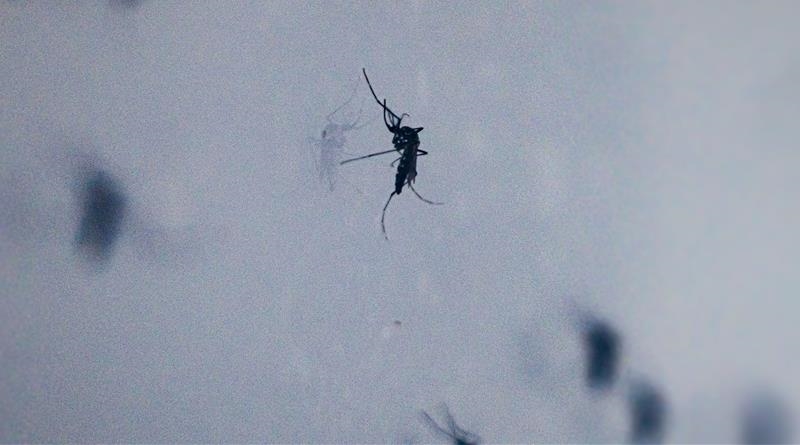Europe faces rising threat from mosquito-borne diseases, warns health center
'Europe is entering a new phase — where widespread and more intense transmission of mosquito-borne diseases becoming new normal,' says experts

LONDON
Europe is experiencing longer and more intense transmission seasons for mosquito-borne diseases, including West Nile virus (WNV) and chikungunya, according to the European Centre for Disease Prevention and Control (ECDC).
Health experts say the shift is being fueled by climate and environmental changes, including rising temperatures, longer summers, milder winters and altered rainfall patterns — all of which create conditions for mosquitoes to thrive and spread viruses.
Pamela Rendi-Wagner, ECDC director, said in a statement on Wednesday: “Europe is entering a new phase — where longer, more widespread and more intense transmission of mosquito-borne diseases is becoming the new normal. ECDC is working closely with all member states to provide tailored support and timely public health guidance to strengthen Europe’s response.”
As of Aug. 13, 2025, eight European countries have reported 335 locally acquired human cases of WNV infection and 19 deaths. Italy is the most affected, with 274 confirmed cases.
Greece has reported 35 cases, followed by Serbia (9), France (7), Romania (6), Hungary (2), Bulgaria (1) and Spain (1).
France has also confirmed 111 cases of chikungunya virus disease, while Italy has reported seven. The outbreaks have primarily affected southern and southeastern regions.
No deaths have been reported in mainland Europe, but globally, more than 240,000 chikungunya cases and 90 deaths have been recorded this year.
The West Nile virus cases continue to expand across Europe.
For the first time, infections have been reported in the Italian provinces of Latina and Frosinone, and in Salaj County in Romania. Europe is now facing its highest number of WNV cases in three years, with infections expected to peak in late August or September.
To help countries respond, the ECDC has published new guidance on surveillance, prevention and control measures for chikungunya, dengue and Zika virus, as well as a separate toolkit for West Nile virus. The recommendations are designed for public health authorities, including those in countries with limited experience of mosquito-borne outbreaks.
Dr Celine Gossner, head of Section Food-, Water-, Vector-borne and Zoonotic Diseases at ECDC, said: “As the mosquito-borne disease landscape evolves, more people in Europe will be at risk in the future. This makes prevention more important than ever, both through coordinated public health action and personal protection measures. There is an urgent need to strengthen and scale up efficient and environmentally friendly mosquito control interventions.”
Anadolu Agency website contains only a portion of the news stories offered to subscribers in the AA News Broadcasting System (HAS), and in summarized form. Please contact us for subscription options.




